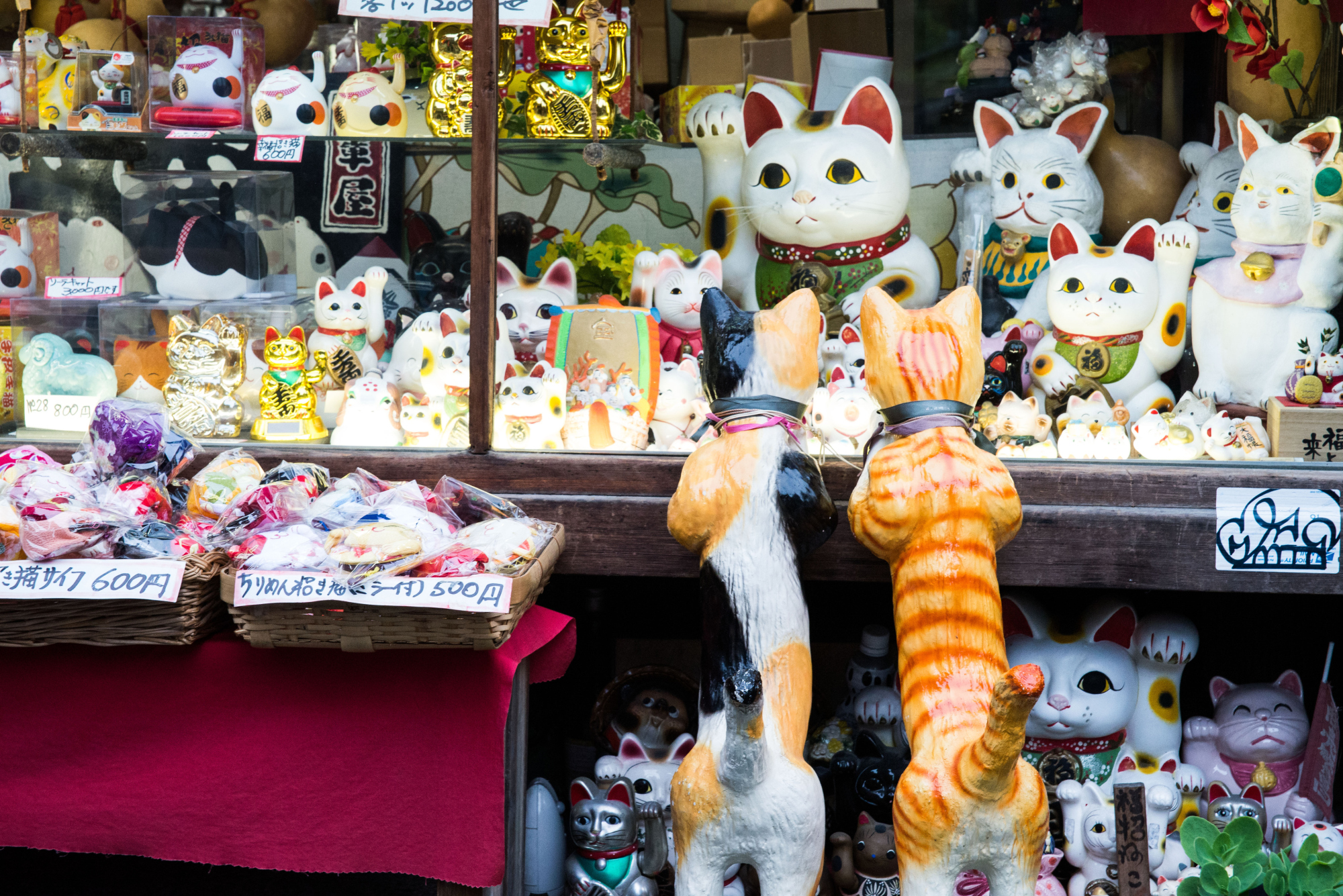In our last column we talked about the economic effectiveness (keizai kōka) of the 2020 Tokyo Olympics. Keizai kōka is often used as an indication of how much money a given scheme or phenomenon adds to a particular economy. As we pointed out, the number only takes into consideration the positive effects of the phenomenon or scheme, and in that regard it's interesting to look at one that has received a good deal of attention lately because of how clearly it illustrates the growth of a certain phenomenon: namely, the market surrounding cats, or, what professor Kasuhiro Miyamoto of Kansai University has dubbed "nekonomics," or the "economics of cats."
Miyamoto's premise is that the increasing popularity of cats as pets and the resulting fascination with cats among the general population can be measured economically. He doesn't go into why cats are popular but instead stresses how cat ownership benefits the economy in ways that other phenomena, including the Olympics, don't.
The professor's theory has been taken up by other scholars who, obviously, are fond of cats. On the pet blog site "Peto Koto" ("Pet Matters"), Izumi Takei, a consultant for Mitsubishi UFJ Research, writes that she is also a "nekonomist," and emphasizes that as far as pets go, dogs are still a more potent contributor to the nation's financial well-being than cats are.
















With your current subscription plan you can comment on stories. However, before writing your first comment, please create a display name in the Profile section of your subscriber account page.